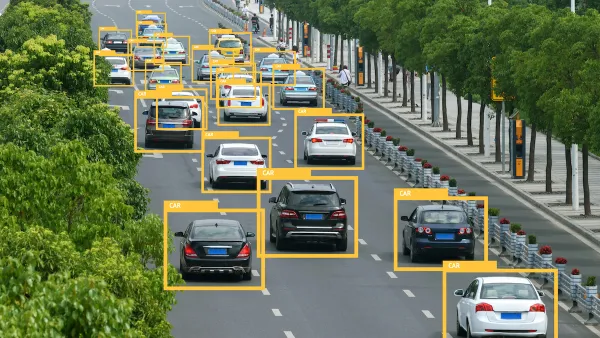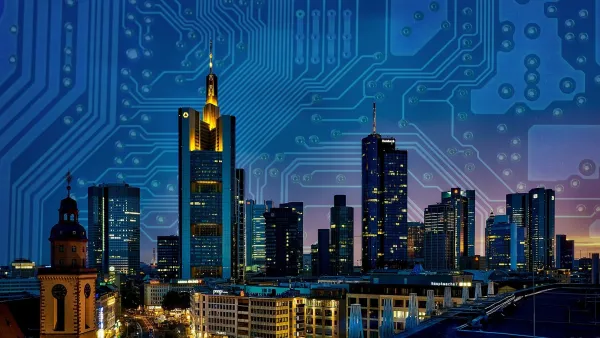In India, smart cities are being built with much fanfare and government support. However, critics rightfully worry that such models could end up excluding the very people who need its benefits the most.
From lack of infrastructure to concentrated poverty, megacities—urban areas of 10 million or more people—present significant challenges for any local government. Concerns over social inequality have also long been a fixture of the discourse around megacities, especially so in India where there are six such metropolitan areas amid a culture defined by the hierarchies of the caste system. At the moment, however, the issue of urban exclusion in India is now coalescing around that nation’s burgeoning smart city movement.
Smart cities, according to the Indian government’s website, "are those cities which have smart (intelligent) physical, social, institutional, and economic infrastructure while ensuring centrality of citizens in a sustainable environment. It is expected that such a Smart City will generate options for all residents to pursue their livelihoods and interests meaningfully and with joy." The impetus for India's smart city building is largely urbanization demographics. Currently, 31 precent of India’s population is urban. That is projected to increase to 65 percent over the next decades. India has set a goal of 100 smart cities to meet the challenge of settling its growing urban migration in decent and humane ways.
FULL STORY: Who is the Smart City For?

Analysis: Cybertruck Fatality Rate Far Exceeds That of Ford Pinto
The Tesla Cybertruck was recalled seven times last year.

National Parks Layoffs Will Cause Communities to Lose Billions
Thousands of essential park workers were laid off this week, just before the busy spring break season.

Retro-silient?: America’s First “Eco-burb,” The Woodlands Turns 50
A master-planned community north of Houston offers lessons on green infrastructure and resilient design, but falls short of its founder’s lofty affordability and walkability goals.

Test News Post 1
This is a summary

Analysis: Cybertruck Fatality Rate Far Exceeds That of Ford Pinto
The Tesla Cybertruck was recalled seven times last year.

Test News Headline 46
Test for the image on the front page.
Urban Design for Planners 1: Software Tools
This six-course series explores essential urban design concepts using open source software and equips planners with the tools they need to participate fully in the urban design process.
Planning for Universal Design
Learn the tools for implementing Universal Design in planning regulations.
EMC Planning Group, Inc.
Planetizen
Planetizen
Mpact (formerly Rail~Volution)
Great Falls Development Authority, Inc.
HUDs Office of Policy Development and Research
NYU Wagner Graduate School of Public Service




























